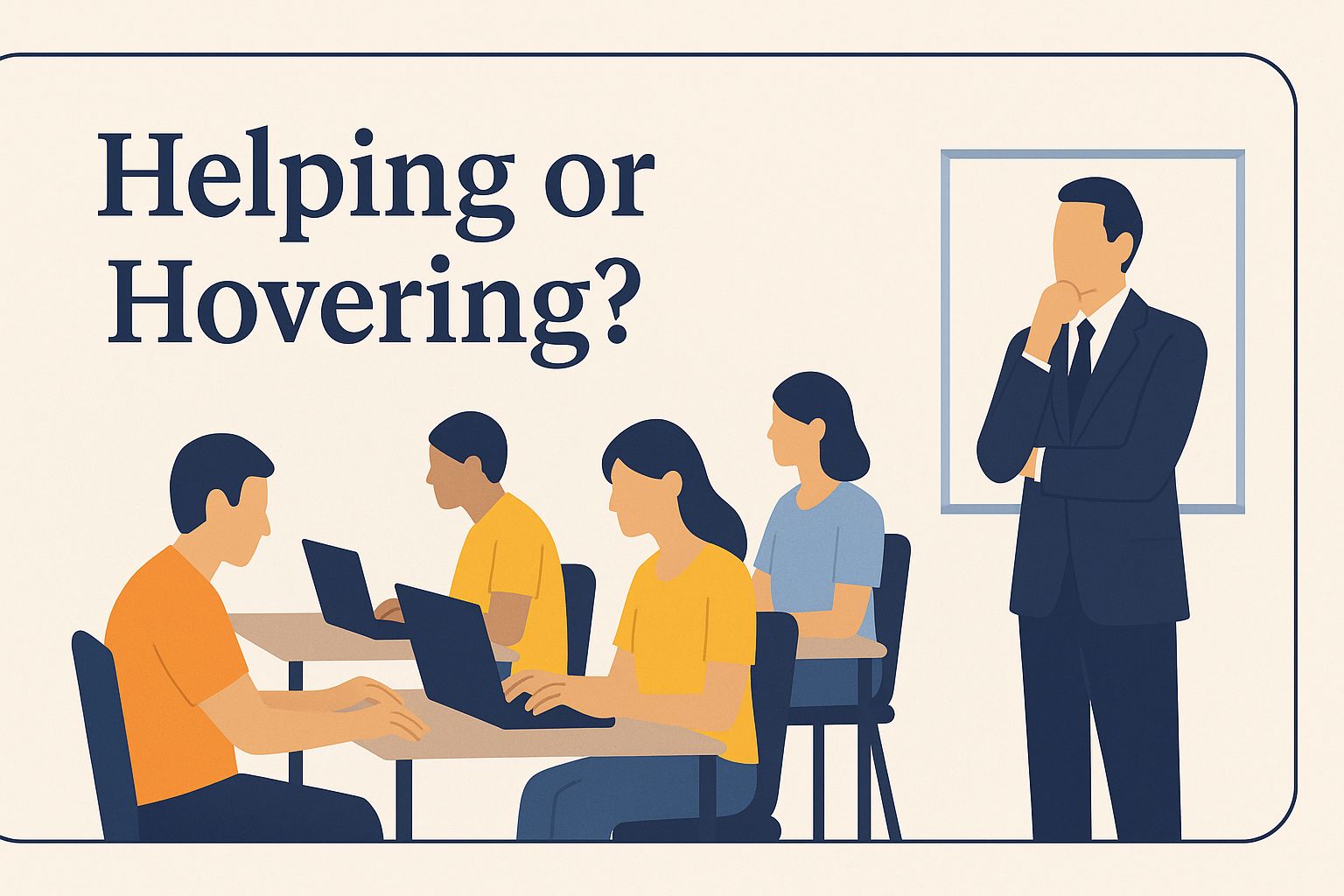How much do you really trust your people?
You decide to ask your employee for an update on the project you assigned last week. It’s not due for another week, but you want a status update ahead of time.
Why do you want an update? Is it because…
You are concerned they may need your help and want to check in. I.e., you gave them a challenging assignment and want to support.
The task is related to one of your projects, and you want to ensure it is being completed.
You have weekly meetings and like to stay informed.
Each of these reasons may be extremely valid. But your intention matters less than how your behavior is perceived. Even the most well-meaning check-in can feel like a lack of trust if it’s unnecessary.
Before you make a decision to check in on your employee, ask yourself:
Do I trust my employee to complete this task without my oversight?
Does my employee have the ability to complete this task without my oversight?
Is there time to make adjustments once the project is complete?
If your employee can work autonomously, give them the chance to do it!
The Lesson
Employees want to work autonomously. It creates a sense of control and helps drive intrinsic motivation. Daniel Pink explores this idea in great depth in his book, Drive. Check it out if you’re interested in setting the conditions that drive intrinsic motivation.
Of course, you need to know where your projects stand as a leader. So, you have to balance the need to check in with your employees’ need for autonomy. You should strive to provide as much autonomy as possible without creating unnecessary check-ins that can make your employees feel micromanaged. You can use the simple questions above as a framework for making these decisions.
A simple question
This week, before you check in on a project, pause and ask yourself: Am I helping or hovering?
Until next time,
Rick
